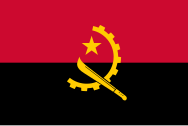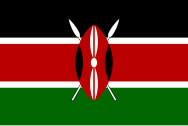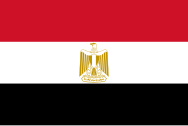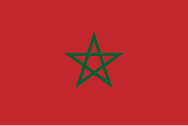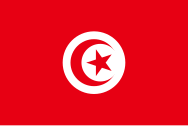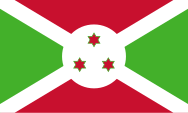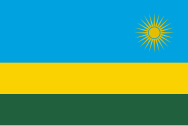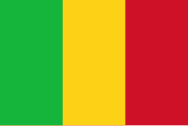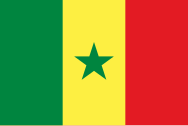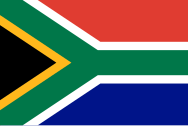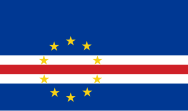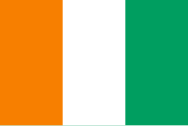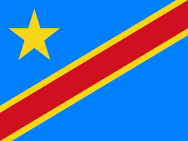- Sierra Leone - History
- Sierra Leone - Kingdoms
- Sierra Leone - Royal Archives
- Sierra Leone - Treaties
- Sierra Leone - Economy
- Sierra Leone - Technology
- Sierra Leone - Diaspora
- Sierra Leone - Culture
- Sierra Leone - Migration
- Sierra Leone - Museums
- Sierra Leone - Architecture
- Sierra Leone - Education
- Sierra Leone - Geneology
- Sierra Leone - Music
- Sierra Leone - Art
- Sierra Leone - Dance
- Sierra Leone - General
- Sierra Leone - People
Sierra Leone
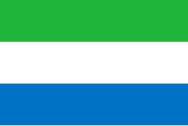
Country Flag
Sierra Leone, officially the Republic of Sierra Leone, is a country on the southwest coast of West Africa. It is bordered to the southeast by Liberia and by Guinea to the north. Its land area is 71,740 km2 (27,699 sq mi). It has a tropical climate and environments ranging from savannas to rainforests. As of the 2023 census, Sierra Leone has a population of 8,908,040. Freetown is both its capital and its largest city. The country is divided into five administrative regions, which are further subdivided into 16 districts.
Sierra Leone is a presidential republic, with a unicameral parliament and a directly elected president. It is a secular state. Its constitution provides for the separation of state and religion and freedom of conscience (which encompasses both freedom of thought and religion).[ Muslims constitute three-quarters of the population, and there is a significant Christian minority. Notably, religious tolerance is very high: it is both a social norm and part of the nation's cultural identity.
Sierra Leone's current territorial configuration was established in two phases: in 1808, the coastal Sierra Leone Colony was founded as a place to resettle returning Africans after the abolition of the slave trade; then in 1896, the inland Protectorate was created as a result of the Berlin Conference of 1884–1885. This led to the formal recognition of the territory as the Sierra Leone Colony and Protectorate. Sierra Leone attained independence from the United Kingdom in 1961 under the leadership of Prime Minister Sir Milton Margai of the Sierra Leone People's Party (SLPP). In 1971, under Prime Minister Siaka Stevens of the All People's Congress (APC), the country adopted a new constitution, transforming Sierra Leone into a presidential republic, with Stevens as the inaugural president. In 1978, Stevens declared the APC to be the sole legally recognized party. In 1985, he was succeeded by Joseph Saidu Momoh. Momoh's enactment of a new constitution in 1991 reintroduced a multi-party system. That same year, a protracted civil war broke out between the government and the Revolutionary United Front (RUF) rebel group. The conflict, characterized by multiple coups d'état, persisted for 11 years. Intervention by ECOMOG forces and later by the United Kingdom resulted in the defeat of the RUF in 2002, ushering in a period of relative stability. The two major political parties that remain are the APC and the SLPP.
Sierra Leone is a culturally diverse country, home to approximately 18 ethnic groups, with the Temne and Mende peoples being predominant. The Creole people, descendants of freed African-American, Afro-Caribbean slaves and liberated Africans, constitute about 1.2% of the population. English is the official language, while Krio is the lingua franca, spoken by 97% of the population. The country is rich with natural resources, notably diamonds, gold, bauxite and aluminium. As of the most recent survey in 2019, 59.2% of the population is affected by multidimensional poverty and an additional 21.3% vulnerable to it. Sierra Leone maintains membership in several international organizations, including the United Nations, African Union, Economic Community of West African States (ECOWAS), and the Commonwealth of Nations, among others.


